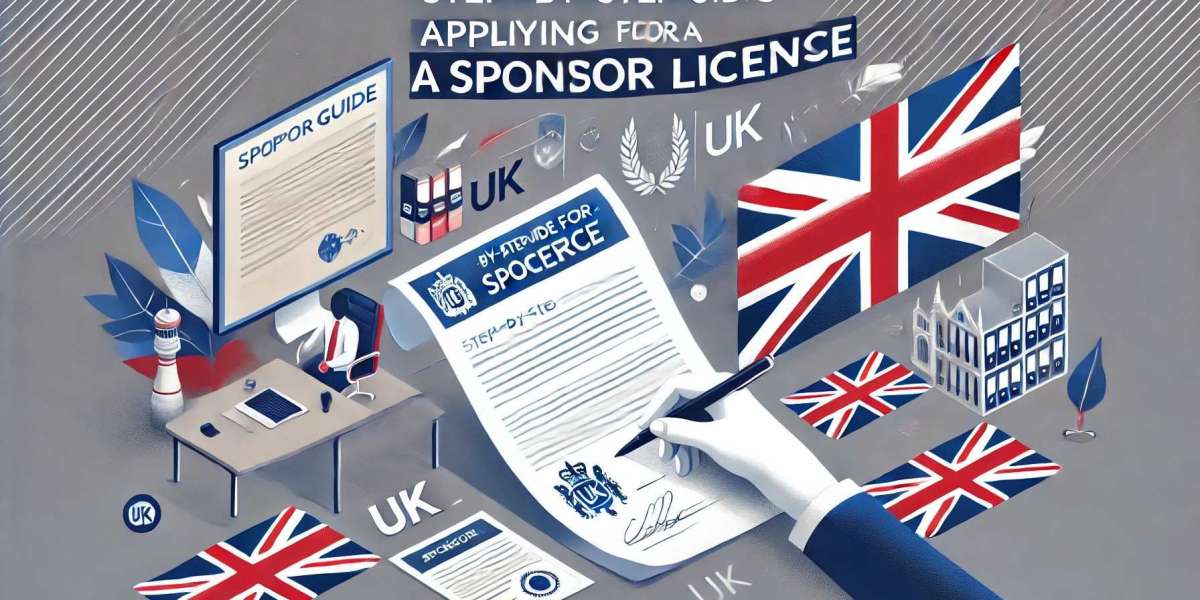The sponsor licence in the UK is an important credential for a business that employs non-UK nationals under the Skilled Worker or any other visa programme. Infraction against this licence breeds some serious duties, the failure of which can raise suspension or revocation of the sponsor licence. An in-depth evaluation of possible causes, consequences, and redress is ostensibly given to assist employers in maintaining their ability to recruit foreign individuals.
The Criterion for Suspensions and Revocation
The Home Office can suspend or revoke a sponsor licence where an employer has violated strict compliance requirements. In most cases, a suspension or revocation follows evidence of such non-compliance.
Suspension: A suspended period during which employers are prohibited from bringing in new workers. The existing sponsorship may still apply.
Revocation: A total withdrawal of the licence leading to immediate suspension of sponsorship activities with severe consequences for sponsored workers.
Understanding the triggers and addressing them beforehand is key for businesses that rely on international recruitment.
Common Grounds for Suspension or Revocation
Non-Compliance with Duties of Sponsorship
Non-compliance leads as the most common reason for licence suspension or revocation. The duties required of an employer are:
To ensure that the migrant worker complies with the conditions of his or her visa;
To inform the Home Office immediately if there is a change in the circumstances of that worker;
To keep appropriate records.
The employer faces the potential for enforcement actions for failure in any of these areas.
Misrepresentation or Fraud
If a sponsor provides incorrect information during the application process or during audits after the licence has been granted, the licensing authority will terminate the licence immediately. For example:
misrepresenting the nature of a job;
falsifying documents;
Employing Unauthorised Workers
A common cause of revocation is the sponsorship of unqualified workers. All workers must have a visa and the right to work in the UK. The employment of an undocumented worker constitutes a serious violation of the law.
Weak HR and Record-Keeping Systems
Poor HR systems can lead to some lapses related to monitoring and reporting duties; hence, an employer is obliged to observe the following documents:
Contracts for employment.
Proof of salary payments.
Documents for proving immigration status.
Abuse of the Licencing System
Using the sponsor licences to employ workers on jobs that do not genuinely require sponsorship or paying below the minimum salary thresholds could throw the sponsor licence into suspension or revocation.
Result of Licence Suspension
Limitations in being a Sponsor
Once under suspension, the employers:
Shall not issue new Certificates of Sponsorships paras, and
Shall suspend any new applications for international hires.
This can affect recruiting plans of recruitment suspending the projects as they wait for the acquisition of skills from abroad.
Effect on Business Reputation
Suspension tarnishes a business's image, both before the stakeholders for which the company stands and in the eyes of potential employees. It symbolizes possible hindrances faced towards compliance and governance.
Risk to Escalate to Revocation
Should the issues noted during the suspension process not be rectified, the Home Office can elevate punitive action to revocation.
Consequences of Licence Revocation
Termination of Sponsored Employment
Revocation means that existing sponsorships become invalid. Sponsored employees need to leave the UK or switch to some other kind of visa.
Disruption to Business
Revocation impacts normal business operations significantly, especially in international talent dwelling. The loss of key personnel leads to project delays and unmet client expectations, comfortably resulting in losses.
Barred from Reapplying
Once a licence has been revoked, the employer may be barred from reapplying for a licence for a period of one year. This places long-term challenges in workforce planning.
Steps to Take When Responding to Suspension or Revocation
Response to a Suspension
If a suspension arises, the Home Office typically sends out a notice setting out the reasons for the suspension. Employers should:
Analyze the Notice: understand particular breaches or other areas of concern;
Rectify the Matters: put in place measures to address the identified problems, such as improving the HR systems or presenting the missing documentation.
In cases of revocation, options are minimal. An employer can make an appeal against the decision. The appeal may be made if there has been a mistake or misrepresented understanding of one's case. Legal representation can be proved useful to counter an unfavorable decision.
Reapply for a License: After the cooling-off period, businesses may apply for a license again, ensuring full compliance with Home Office requirements.
For professional advice in the processes above, businesses may refer to ICS Legal.
Preventing Suspension or Revocation
Better preventive measures can minimize the risk of the suspension or revocation of a sponsor license. Employers can:
Build Stronger HR Practices
Conduct regular audits to ensure compliance with record-keeping requirements.
Carefully monitor visa expiry dates and conditions under which employees are working.
Train HR Staff
Ensure that HR staff understands what positions the sponsors need to fill at the Home Office and knows how to handle audits or queries easily.
Seek Help From Professional Advisors
Legal experts such as ICS Legal know more about ‘sponsor license compliance' than any internal policy officer. By engaging with a firm like ICS Legal, businesses are kept up to date on regulatory changes and common problems to avoid.
Conduct Preemptive Audits
Conducting mock compliance audits in cooperation with ICS Legal can help businesses tighten up sponsorship practices before any penalties arise.
Home Office Audits: What It Looks Like
Home Office audits constitute a peculiar scrutiny into identifying non-compliance, usually precipitating the suspension of the license or initiation of revocation. These audits may be scheduled or unscheduled and usually include:
The review of HR systems and record-keeping.
Verification of the genuineness of the sponsored roles.
Determining an organization's compliance concerning salaries and job descriptions.
Employers must be always prepared for such inspections, hence able to present their actual processes in an open and well-documented manner.
Recent Trends in Sponsor Licence Enforcement
The UK Government has recently been observably stricter when enforcing sponsorship obligations, especially since the introduction of the Points-Based Immigration System. Current trends include:
Top-Heavy Fines As Penalty for Noncompliance:
More Severe and Higher Penalties for Non-Compliance: The Home Office has enforced more severe penalties for even minor breaches.
Genuine Employment Is the Focus: There has been an increased degree of scrutiny into the necessity and applicable skill thresholds of the sponsored positions.
Digital Audits: Digital tools are deployed to discover discrepancies between what is declared and the analyses carried out, bringing speedier enforcement actions.
Why Compliance Matters for Employers
Compliance with sponsorship obligations protects both the sponsor license and the trust accorded to employers by employees, customers, and regulators. Non-compliance may result in an avalanche of financial penalties, disruptions to business, and visit complications for reputation.
Conclusion
The balancing act of suspension and/or revocation of the sponsor's license is being carefully negotiated while taking care that diligence and future foresight blend to shape the whole situation. Employers must understand the necessity of compliance and thereby ensure it through effective performance within the standards established by the Home Office. With good human resource machinery, engaging suitable professional advisors, and building a compliance culture, the business may shield sponsorship privileges and continue drawing talent from Manila.
Expert insight is always necessary for employers intending to apply for a sponsor licence or address compliance challenges. Visit ICS Legal to see how it can assist you comprehensively with guidance on the current landscape of the UK's sponsorship system.








